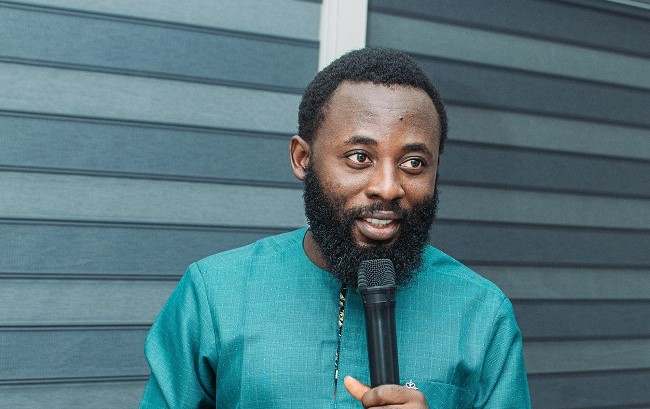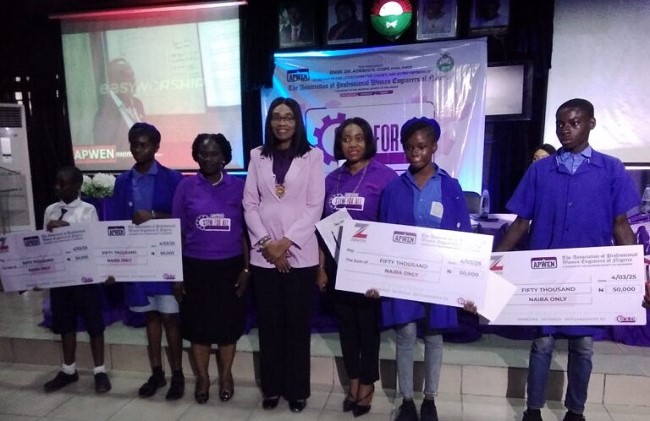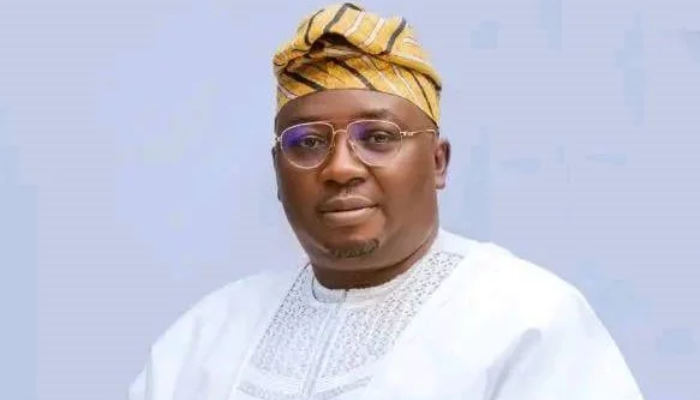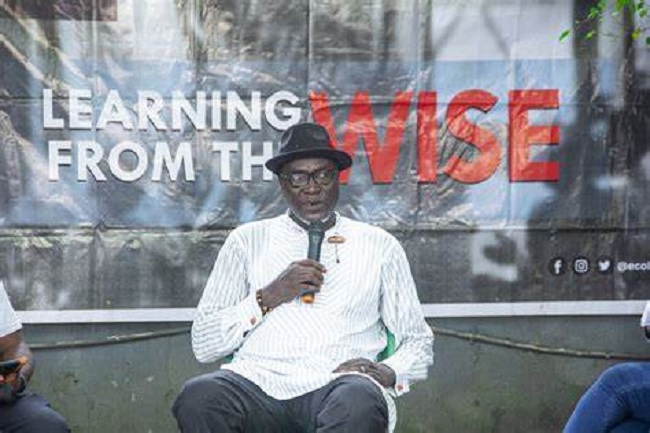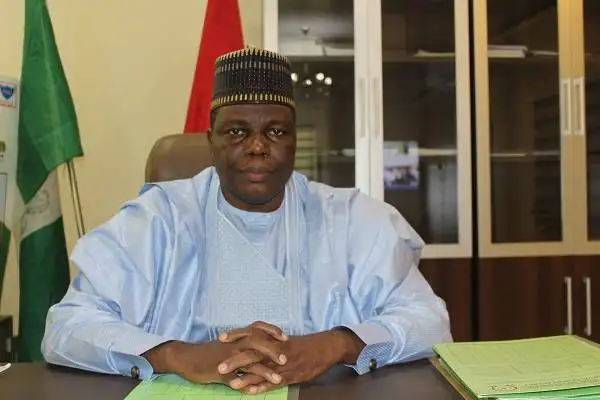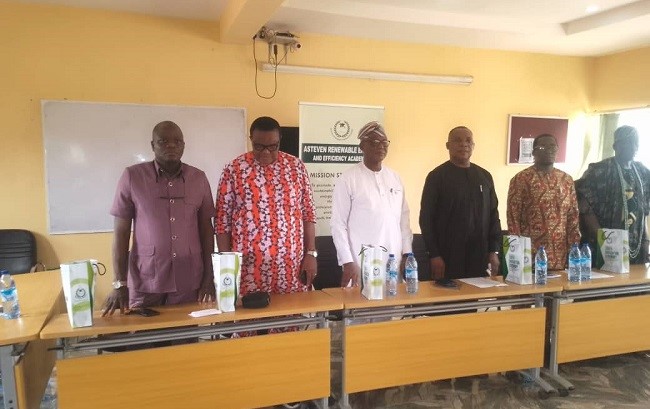The Lagos Waste Management Authority (LAWMA), on Tuesday, March 4, 2024, hosted students and faculty members from the Ben-Gurion University of the Negev, Israel, and the University of Lagos (UNILAG).
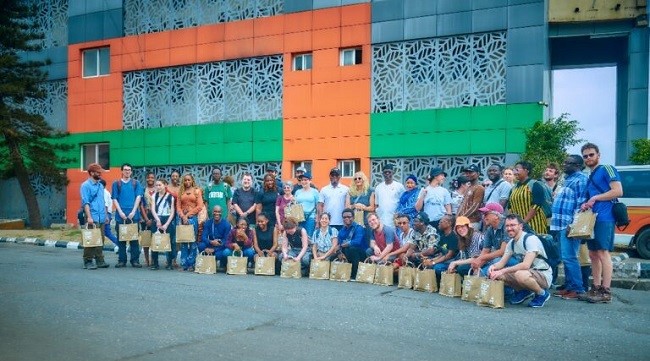
The Director, Public Affairs, LAWMA, Mrs. Folashade Kadiri, who said this in a statement, added that the visit was part of the two universities study tour on urban challenges and environmental sustainability.
She said the delegation, led by Prof. Lynn Schler, Head of the African Studies Department at Ben-Gurion University, Israel, was welcomed by the Managing Director/Chief Executive Officer of LAWMA, Dr Muyiwa Gbadegesin.
She said that Gbadegesin provided the visitors an overview of LAWMA’s role in ensuring cleanliness across Lagos and its efforts to promote environmental sustainability.
She quoted Gbadegesin as saying that LAWMA, established in 1977, emerged from the need to address the state’s waste crisis experienced earlier.
He added that the agency’s operations aligned with the THEMES+ agenda of Governor Babajide Sanwo-Olu’s administration, with emphasis on health and environment.
Gbadegesin identified climate change as a major challenge, contributing to the influx of migrants to the state.
He noted that LAWMA was working on integrating them into the waste management system in the state, through the “Last Man Collector” initiative.
“We have approximately 3,000 scavengers at the Olusosun dumpsite alone. So far, we have enumerated about 5,000 of them, and our goal is to transition them to be better structured in the waste collection roles,” Gbadegesin said.
He disclosed LAWMA’s plan to establish an upcycling centre in Otto, one of the state’s oldest communities, with the aim of training young people in upcycling and other sustainable waste management practices.
He said the initiative was geared at shifting from simply cleaning the state to implementing sustainable solutions that prevent waste from reaching public spaces.
Kadiri quoted Schler as commending LAWMA’s waste management and environmental sustainability initiatives, applauding the authority’s leadership and forward thinking strategies.
“If this were the only activity on our study tour, it would have been entirely worthwhile. The leadership and forward-thinking strategies at LAWMA are truly inspiring,” Schler said.
Kadiri said Shira Lahav, a student of Ben-Gurion University, expressed her excitement about the programme, emphasising the importance of international collaboration.
“This experience exceeded my expectations. Learning about Lagos and its waste management system has been incredibly insightful,” Lahav said.
Kadiri also quoted a history and strategic studies student from UNILAG, Femi Anjola, who joined the Israeli students on the tour, admitted that she knew little about how waste collection worked in Lagos before the visit.
Anjola said, “I have seen PSP operators in my area, but today, I have gained a much deeper appreciation of the system.”
Kadiri said the event also featured a question-and-answer session, where the students and faculty members engaged with Gbadegesin on critical issues bordering on LAWMA’s operations.
She added that the session provided valuable insights into the challenges and solutions shaping waste management in one of Africa’s most populous cities.
By Fabian Ekeruche

